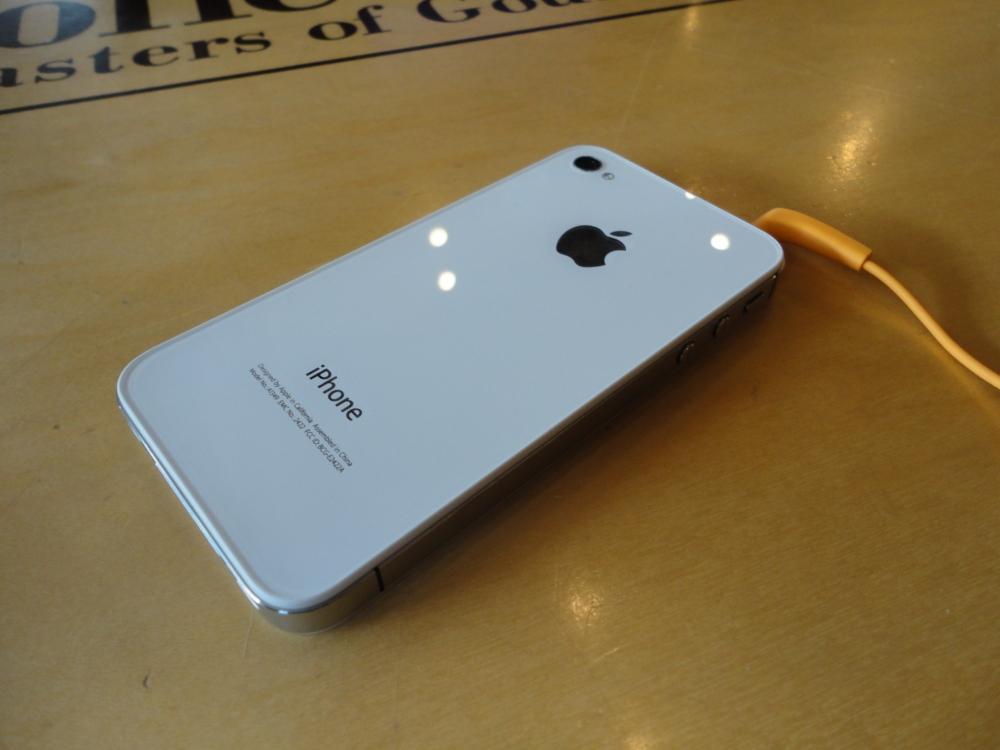
Today, as a consumer, one of the most difficult decisions you can make is what phone you will buy next. There are literally hundreds of things to consider before you pull the trigger on one specific device. What does this phone's software offer that the others don't? How is the build quality? Will this phone last two full years? … You get the picture.
A few years ago, the decision making process was much easier. Instead of sifting through the specification lists for 30 or more smartphones, there were only a handful of phones. They were all very similar in features, design and form factor. It wasn't about which phone had the faster processor, more internal memory or faster network speeds. It was all about which phone had the best call quality, was the least likely to drop a call or which phone would last you three or four years. And very little attention was given to the software; it was all about hardware and which phone was free.
But since smartphones entered the scene, choosing a phone solely on hardware has become a thing of the past – for many, at least. The introduction of pre-made software has alleviated some of the stress from manufacturers and added an entirely different factor to the tree. Several factors, actually. This transformation from "dumb" to "smart" phones has turned the buying process into truly thought-provoking one. And signing a two-year agreement only makes such an important decision all that more serious.
Above all else, our past experiences have the greatest impression on our decision. A great experience with one particular OEM or software platform can make the process quick and simple. Likewise, a bad experience is likely why you might have trouble deciding once upgrade time comes.
According to a report from AppleInsider, Apple has managed to accumulate quite a bit of customer loyalty in their mobile endeavors. In a survey performed by UBS Investment Research, 89 percent of current iPhone users plan on sticking to their Apple-made phone when their upgrade comes around. On the other hand, Android OEMs and other makers have hard trouble creating "sticky" customers. Popular Android maker, HTC, will retain roughly 39 percent of its customers, and Samsung and Motorola are facing 28 percent and 25 percent customer loyalty, respectively. Customer retention rate for RIM has drastically dropped from 62 to 33 percent over the last 18 months.
Since some of the mentioned manufacturers also create hardware for multiple platforms, it begs the question of whether these loyal (and disloyal) customers are also faithful to a specific software platform. Android customer loyalty rests at a respectable 55 percent, while 31 percent of said Android users plan on switching to the iPhone when the chance arrives. Other platforms like Windows Phone and webOS were not mentioned.
Personally, I am not loyal to any one software or manufacturer. In fact, I've been called a "phone whore" more than once, for always having a different phone. I've owned Motorola, HTC, Samsung and LG Android phones, the iPhone, countless BlackBerrys, a few webOS phones and much, much more. It's difficult for someone in a position like mine – a mobile enthusiast, part-time reviewer and full-time phone nut – to remain loyal to one company or software. I have, however, had a hard time letting go of some platforms, solely due to investments. I simply feel like I have to test the waters every time something new comes down the pipe, be it a new manufacturer, new software or even new mobile tech like tablets or weird accessories.
That said, I have many friends who remain loyal to one manufacturer, and they're open to traverse between software platforms to stick with their manufacturer of choice. Others are still loyal to a manufacturer, but if said OEM decided to quit making Android phone or Windows Phone hardware, they would not switch to a new platform. And then, of course, I have many friends and colleagues like myself, who like to try all of the latest and greatest, regardless of platform or manufacturer.
So, I am curious. Are you guys and gals loyal to one particular OEM? Are you more loyal to the software or the creator of the hardware? If HTC or Samsung were to quit making Android phones, would you switch to Bada, Windows Phone or some other platform?